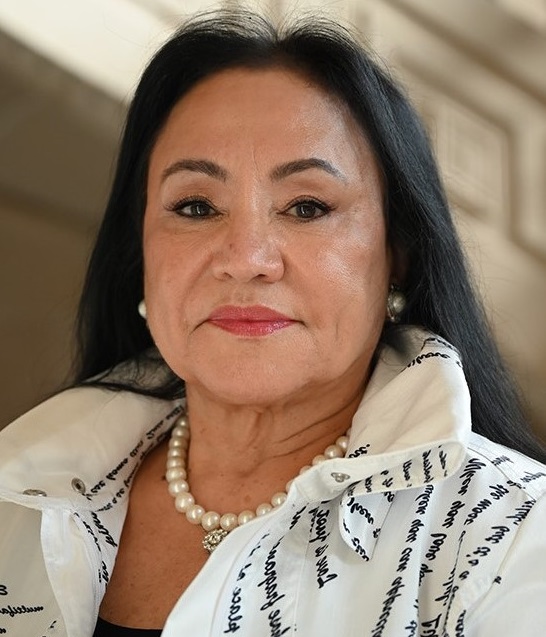No kid left behind: NY AG and Education Commissioner insist on free education for all

Photo courtesy of the NYSED
Just as the new school year is starting, Attorney General Letitia James and NY State Education Department (NYSED) Commissioner Betty Rosa have issued a “Know Your Rights” directive, reaffirming every child aged between 5 and 21 is entitled to free public education in New York, irrespective of their nationality or immigration status.
This advisory delineates the obligations of schools in enrolling new students and cautions against the establishment of policies or prerequisites that could inhibit noncitizens, undocumented students and families lacking a lease from school registration.
“The law is unequivocal: all New Yorkers are guaranteed a free public education, and every resident of our state is a New Yorker,” James said. “As the school year is about to commence, it is imperative that all students are promptly and effortlessly welcomed to attend. I am resolute in defending our youth’s right to education, and I urge any New Yorker denied this fundamental right to reach out to my office.”